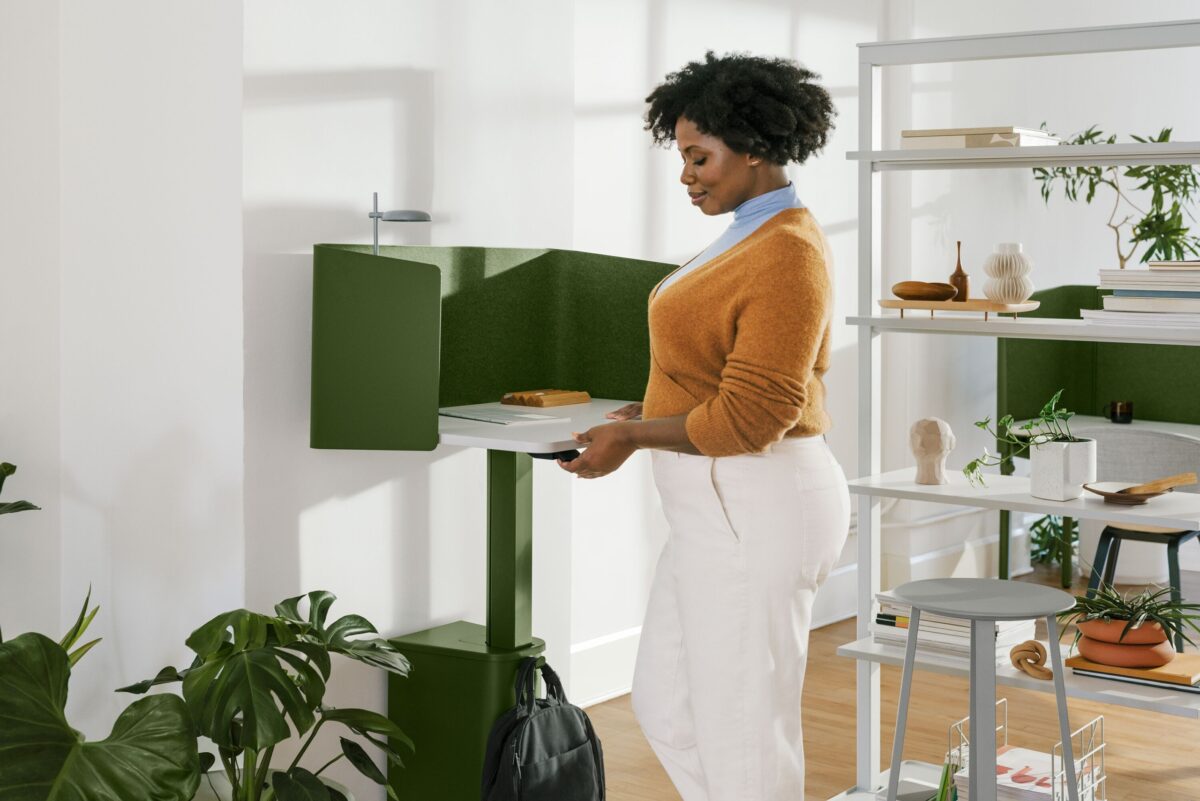The traditional idea of a storage unit is simple: a secure place to keep extra furniture, boxes, or seasonal belongings. But as lifestyles evolve, so too does the role of self-storage. A growing trend reveals that people aren’t just storing possessions—they’re spending more time inside these units, using them as flexible spaces for work, hobbies, and even entrepreneurial ventures. This shift prompts an intriguing question: Is storage the new home office?
The Rise of Alternative Workspaces
The pandemic dramatically redefined what a workplace looks like. Remote work became the norm, and while many enjoyed the convenience of working from home, challenges quickly emerged. Families, roommates, and small apartments often meant noise, clutter, and distractions. For some, coffee shops and coworking spaces weren’t practical or affordable.
Storage units with privacy, affordability, and flexibility, storage spaces began to attract professionals seeking a quiet environment to focus on their tasks. Facilities that allow extended access, provide strong security, and offer climate-controlled units have become an unexpected but appealing option for people in search of a low-cost office alternative.
Why People Are Using Storage Units as Offices
Several factors contribute to this rising phenomenon:
- Affordability: Renting a storage unit is often cheaper than a traditional office lease or a coworking membership. For freelancers and small business owners, this is a budget-friendly option.
- Privacy and Focus: Unlike home offices, where interruptions are common, a storage unit can provide solitude and concentration.
- Flexibility: Units can be rented short-term or long-term, giving people freedom to adapt their workspace to changing circumstances.
- Convenience: Many facilities are located near residential neighborhoods, making them easy to access for daily use.
It’s not uncommon for individuals to set up a simple desk, chair, and internet hotspot in their unit, transforming it into a minimalist but functional office.
Beyond Work: Creative and Practical Uses
The trend extends beyond remote workers. Artists use storage units as studios, musicians practice there, and small online sellers manage inventory from these spaces. For many, the storage facility becomes a multi-purpose hub where work and hobbies blend.
In some cases, entrepreneurs have used storage units to launch their businesses. Photographers, for example, use the controlled lighting environment for shoots, while fitness trainers create micro-studios for personal sessions. The adaptability of these spaces demonstrates just how far storage has moved beyond its original purpose.
Community Connection and Professional Facilities
Not all storage locations are created equal. Facilities that understand these new needs are offering features like extended access hours, climate control, and added amenities to support unconventional use. Security is another crucial factor, with cameras, coded access, and on-site staff providing peace of mind.
One example is McDowell Mountain Community Storage – A Scottsdale Storage Facility, which reflects how modern storage spaces can meet both traditional and evolving demands. With reliable security measures and well-maintained units, such facilities make it possible for people to explore alternative uses beyond storage.
The Future of Storage as Workspaces
While zoning laws and facility rules can limit certain activities, it’s clear that the perception of storage units is changing. What used to be considered “just extra space” is now becoming part of the gig economy and remote work culture.
The flexibility of these spaces could continue to attract a variety of users. As more people pursue freelance careers, side hustles, and creative endeavors, the demand for affordable, private, and adaptable workspaces will only grow. Storage units, with their inherent practicality, are poised to meet that demand.
Final Thoughts
So, is storage the new home office? For many, the answer is yes. It represents a cost-effective, flexible, and distraction-free solution for modern challenges. From professionals needing a quiet workspace to creators seeking a private studio, storage units are redefining their role in daily life.
As facilities like McDowell Mountain Community Storage – A Scottsdale Storage Facility continue to evolve, it’s likely that storage will no longer be seen as just a place for boxes and furniture, but as a vital extension of how people live and work in today’s world.
